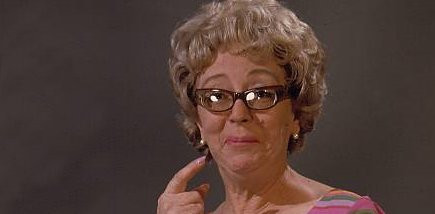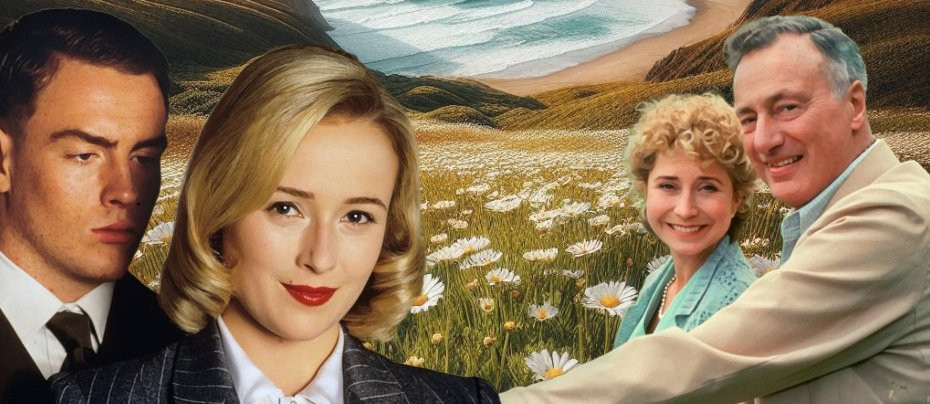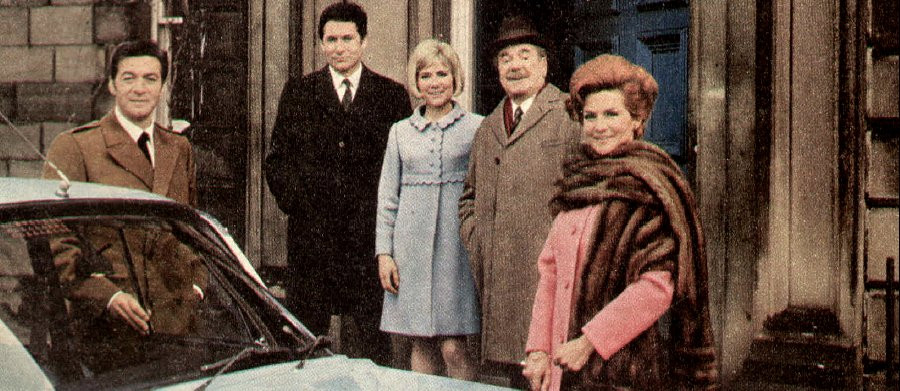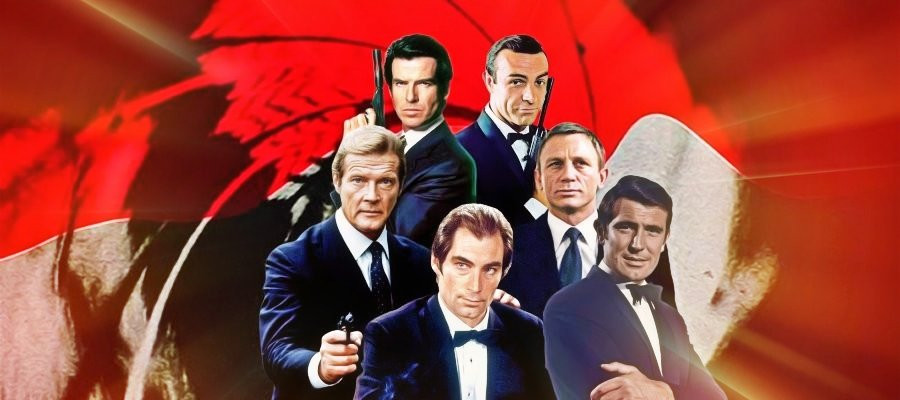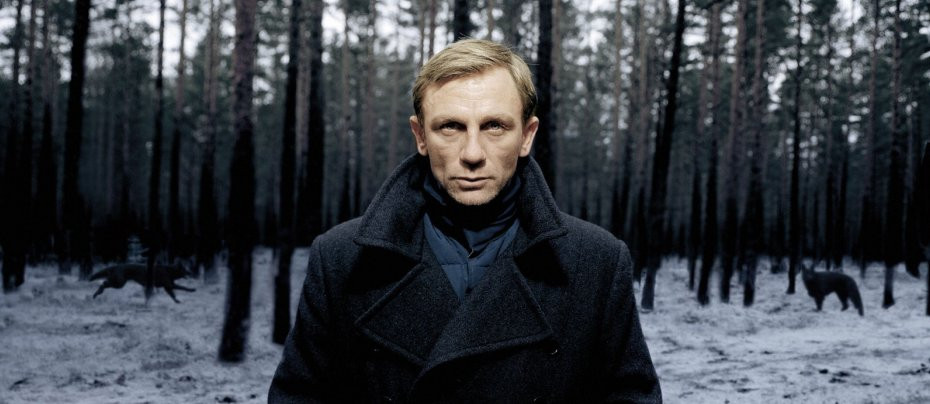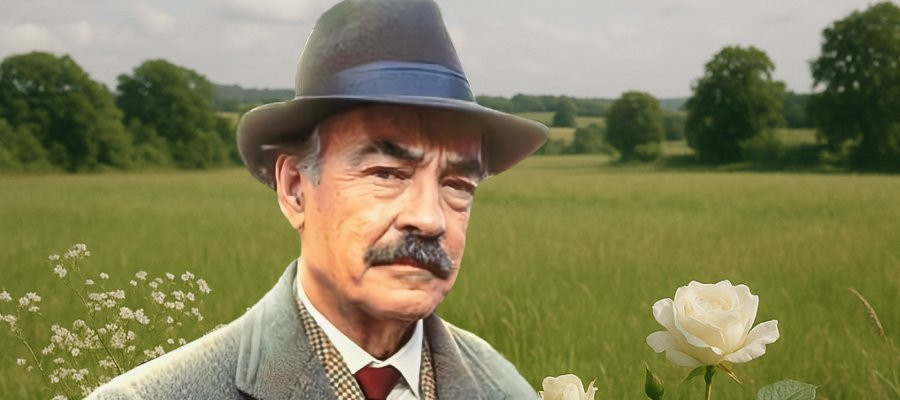
Anglo Saxon Attitudes
1992 - United KingdomEuston Films’ 1992 3-part adaptation of Anglo Saxon Attitudes, Angus Wilson’s sprawling 1956 novel, is a masterful and layered production that brings to screen one of post-war literature’s most complex meditations on guilt, class, and self-deception. Rich in character and deeply resonant in its themes, the series manages to be at once satire, tragedy, and black comedy—a difficult balancing act, but one achieved with impressive dexterity by screenwriter Andrew Davies.
At the heart of the narrative is Gerald Middleton, portrayed with weary elegance by Richard Johnson. Gerald is a wealthy and cultured professor of medieval history who, at sixty, is confronting the hollowness of a life he now views as a failure. Though once a promising academic, his career has been overshadowed by doubts surrounding the Melpham Idol—a mysterious pagan phallic figure unearthed in the coffin of a disinterred bishop. Heralded as the archaeological find of the century, it turned the world of scholarship on its head. But was it genuine? Or was it planted as a hoax? And if the latter, by whom—and to what end?
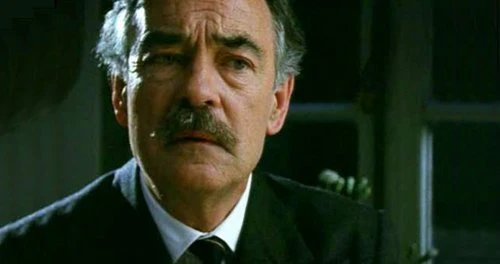
Gerald’s personal life is no less tangled than his academic one. Estranged from his three children and long divorced from the monstrous and unrelenting Inge (Elizabeth Spriggs), he carries the emotional scars of a passionate but doomed affair with Dollie (Tara Fitzgerald), the wife of his long-dead best friend, Gilbert Stokesay (Daniel Craig). Gilbert, killed in the trenches of the Great War, continues to cast a long psychological shadow over Gerald’s life. The complex guilt Gerald feels—toward Gilbert, toward Dollie, and ultimately toward himself—is the emotional engine of the story.

The cast of characters is vintage Angus Wilson: eccentric, neurotic, sharply drawn, and thoroughly British. Johnson’s portrayal of Gerald anchors the piece, while Tara Fitzgerald, in one of her early roles as the young Dollie, brings warmth and volatility in equal measure. A brief but noteworthy appearance by a teenage Kate Winslet also marks this series as a curious gem for fans of British screen talent.
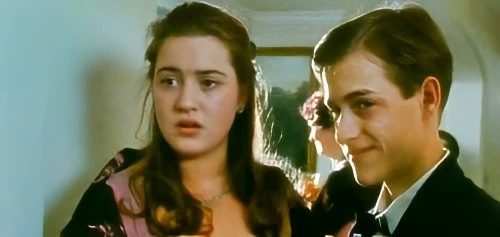
Andrew Davies’ adaptation is faithful not only to the events of Wilson’s novel but to its spirit—its cynicism, its compassion, and its sharp social observation. The dialogue crackles with wit, and the structure, though spanning several decades, remains tight and compelling across its three hour-long episodes.
Originally published in 1956, Anglo Saxon Attitudes marked a significant departure from the post-war English novel’s preoccupation with class and social realism, offering instead a psychological and intellectual portrait of the mid-century middle classes. Wilson, himself a former civil servant and literary critic, used his fiction to dissect the moral ambiguities and private hypocrisies of the post-war generation. The novel’s title, borrowed from a sculpture by Lewis Carroll's father, is a sly nod to the posturing and self-deception rife in both academia and domestic life.
The TV adaptation went on to receive critical acclaim, winning the BAFTA award for Best Serial Drama. Davies received a Writers’ Guild of Great Britain award for his screenplay, while Richard Johnson was honoured by the Broadcasting Press Guild for his measured performance.
In all, Anglo Saxon Attitudes is a deft and intelligent adaptation of a novel that remains as relevant in its psychological insight today as it was nearly seventy years ago. It is a story of buried truths, both literal and metaphorical, and the personal reckonings they force upon us. Highly recommended viewing for lovers of literary drama, historical fiction, and unflinching character study.
Review by Percival Wexley-Smith
Seen this show? How do you rate it?
Seen this show? How do you rate it?
Published on November 27th, 2018. ....


